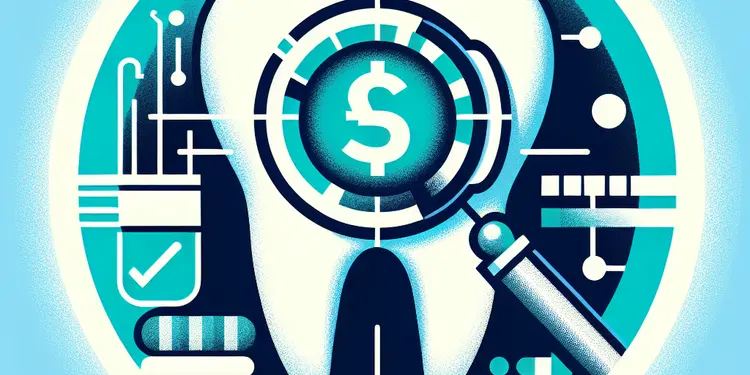
Find Help
More Items From Ergsy search
-
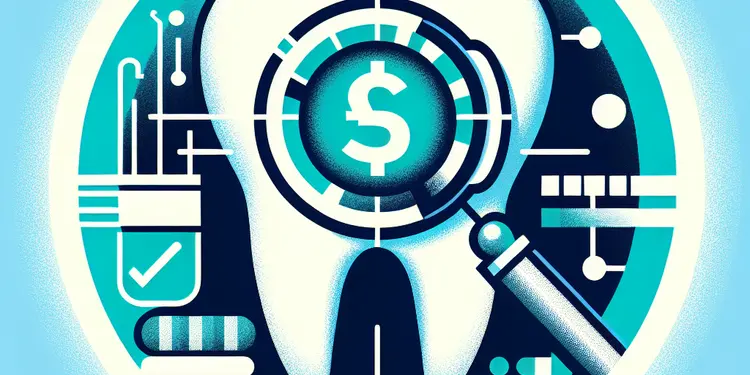
How is tooth decay diagnosed?
Relevance: 100%
-
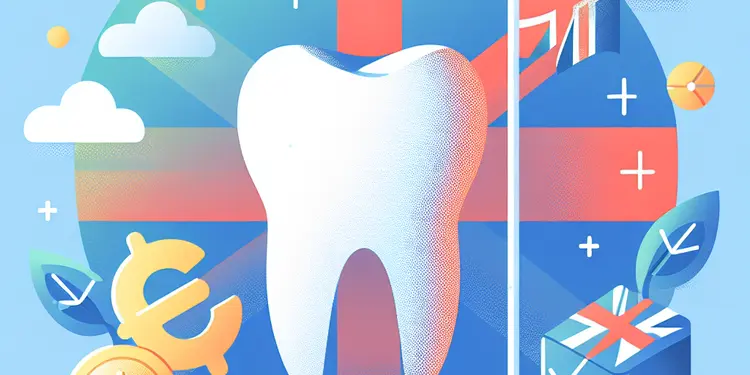
What are the symptoms of tooth decay?
Relevance: 91%
-
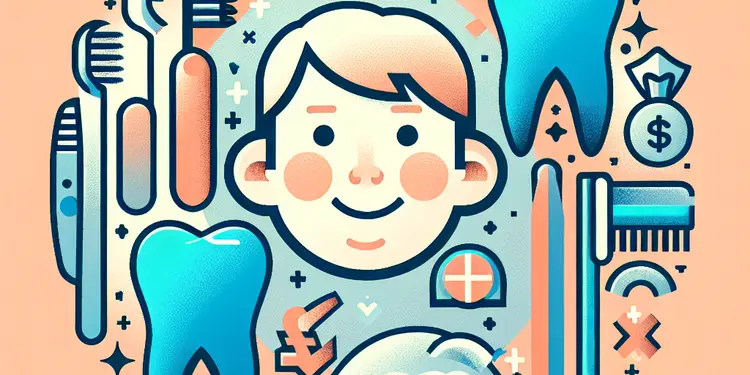
Is tooth decay common in children?
Relevance: 90%
-
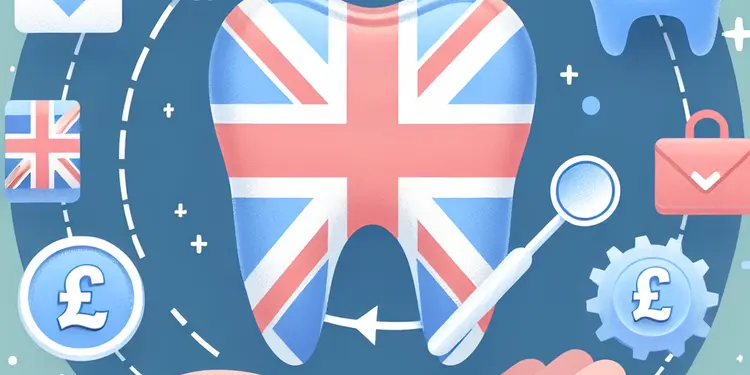
Can tooth decay be reversed?
Relevance: 90%
-
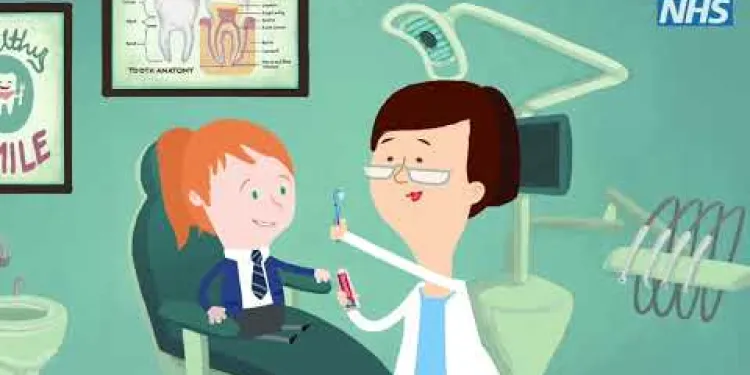
Oral Health Awareness - Tooth Decay
Relevance: 88%
-
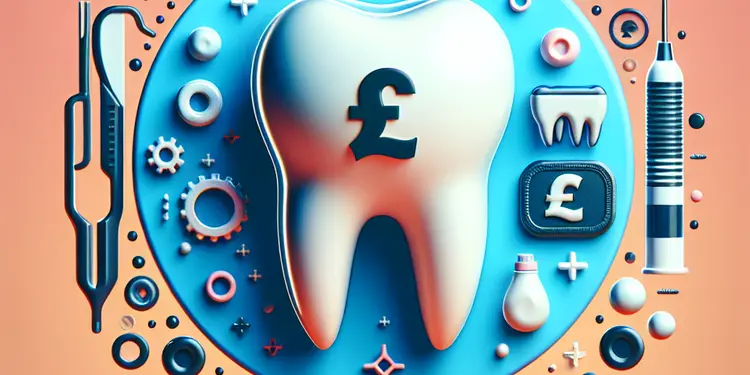
How can I prevent tooth decay?
Relevance: 86%
-
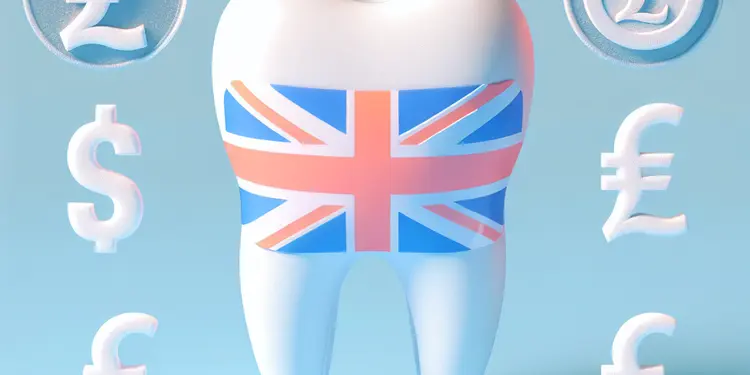
How does diet affect tooth decay?
Relevance: 84%
-
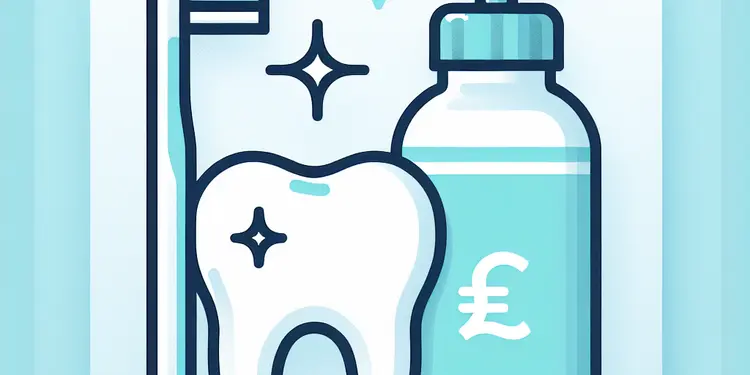
Can using mouthwash prevent tooth decay?
Relevance: 83%
-
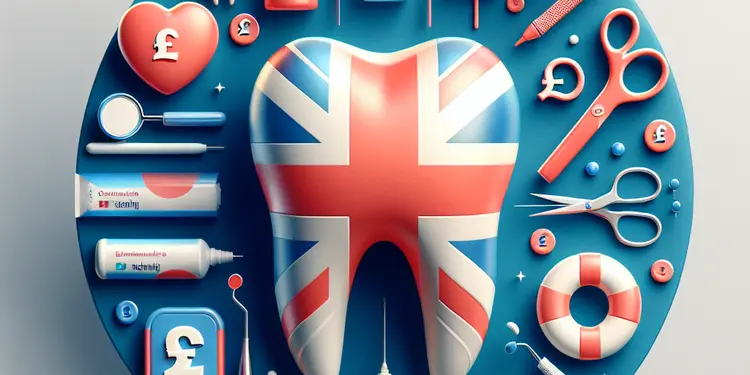
How does fluoride help prevent tooth decay?
Relevance: 78%
-
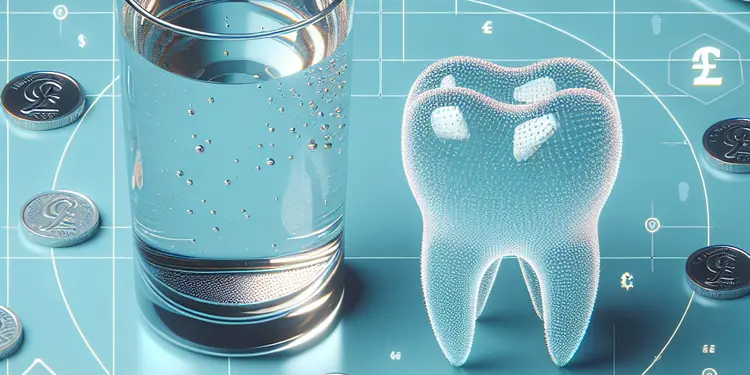
Can drinking water help prevent tooth decay?
Relevance: 78%
-
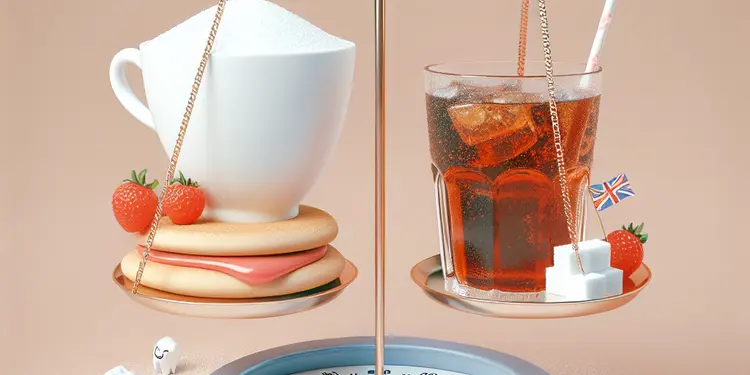
Are sugary drinks worse than sugary foods for causing tooth decay?
Relevance: 75%
-
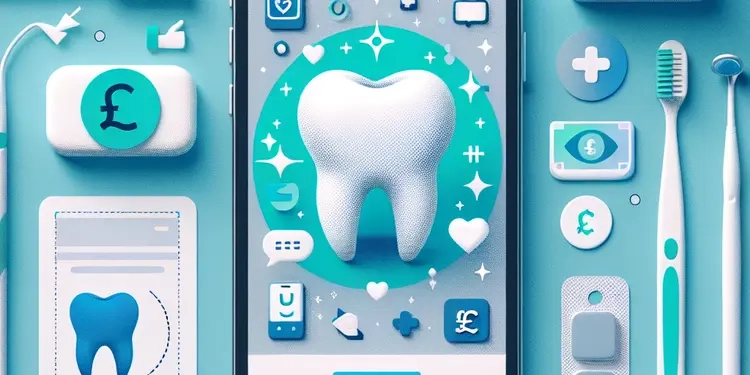
What is tooth decay?
Relevance: 70%
-
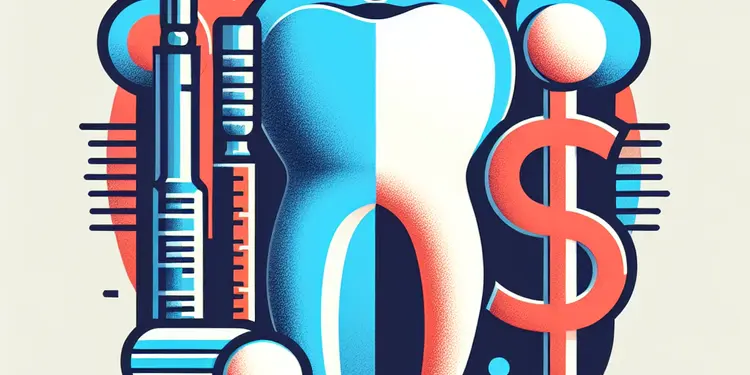
What is the role of dental sealants in preventing tooth decay?
Relevance: 70%
-
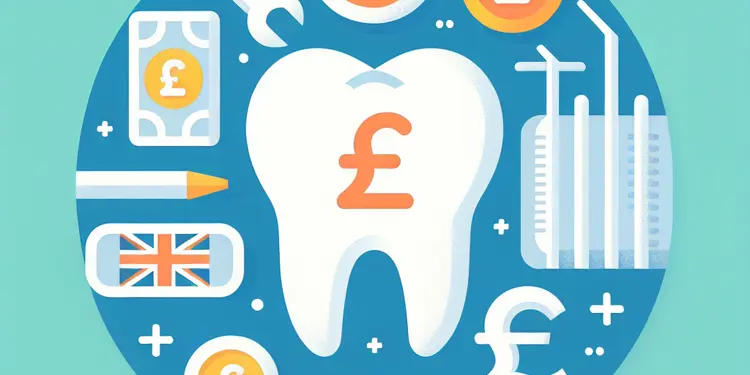
What treatments are available for tooth decay?
Relevance: 63%
-
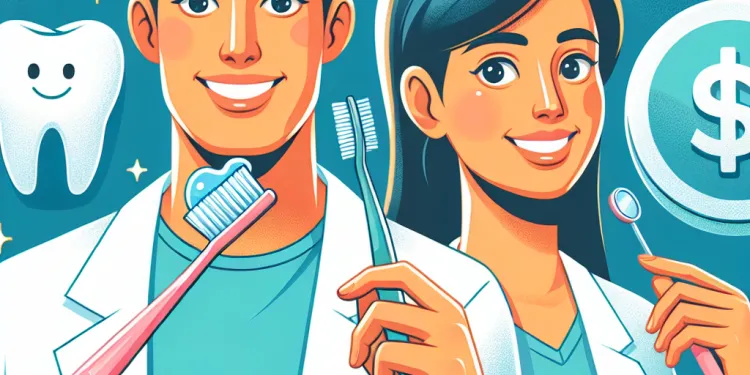
Dental Health: Tips for All Ages
Relevance: 35%
-
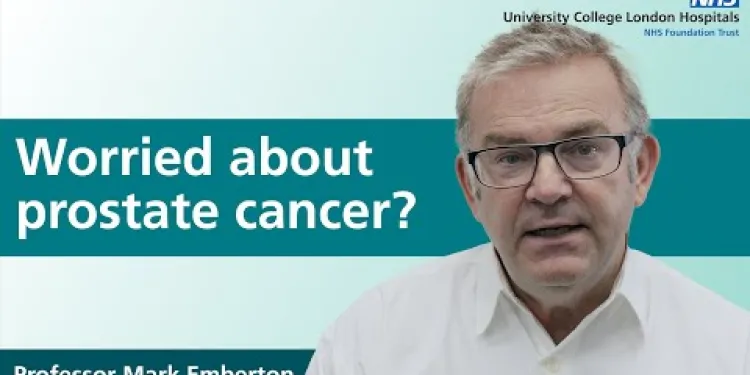
Prostate cancer diagnosis and tests
Relevance: 30%
-

BSL - Diagnosis of panic disorder
Relevance: 30%
-
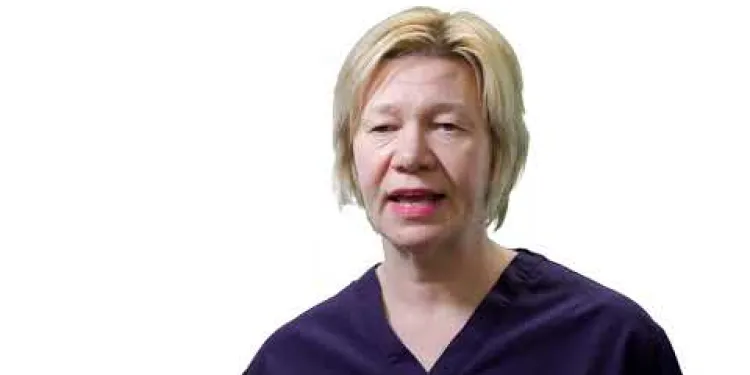
Head and Neck Cancer Diagnosis
Relevance: 30%
-
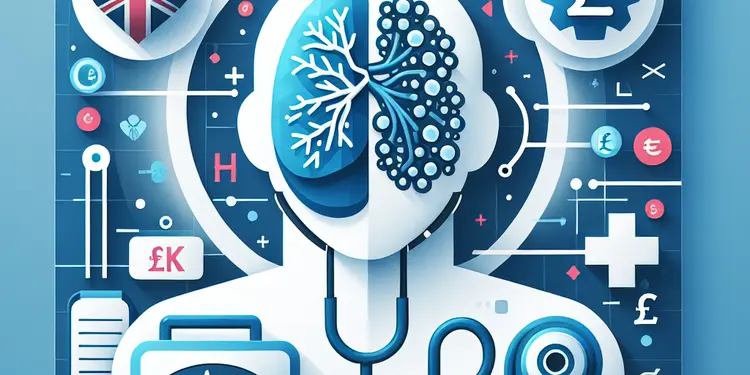
Are AI systems used alone in lung cancer diagnosis or alongside human radiologists?
Relevance: 28%
-

How can I satisfy my sweet tooth without consuming sugar?
Relevance: 28%
-
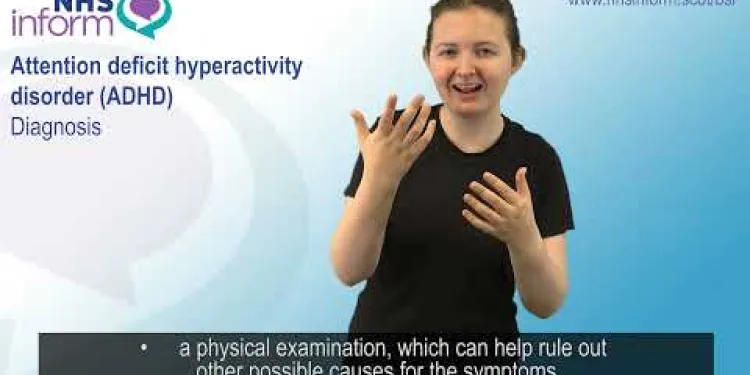
Attention deficit hyperactivity disorder (ADHD) - Diagnosis
Relevance: 27%
-
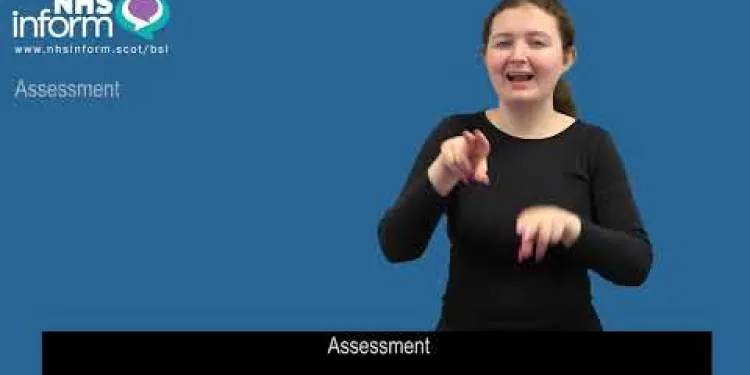
BSL - Diagnosis of obsessive compulsive disorder (OCD)
Relevance: 27%
-
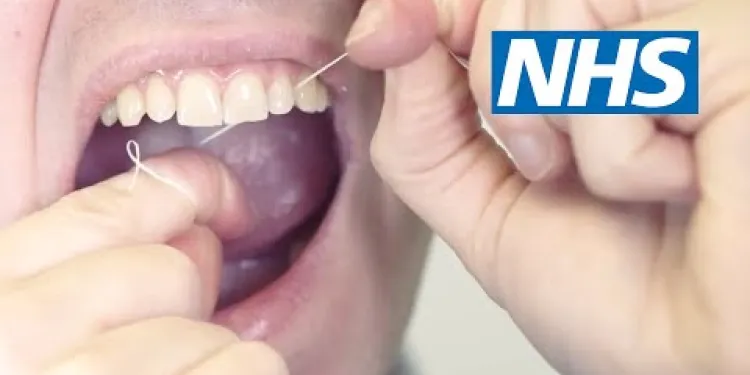
How to floss | NHS
Relevance: 25%
-

What is the life expectancy after a motor neurone disease diagnosis?
Relevance: 24%
-

Is orange juice acidic and can it affect teeth?
Relevance: 24%
-

What treatments are covered by the NHS dental service?
Relevance: 23%
-

Are Turkey Teeth only for aesthetic purposes?
Relevance: 21%
-

How much sugar should I eat every day?
Relevance: 20%
-
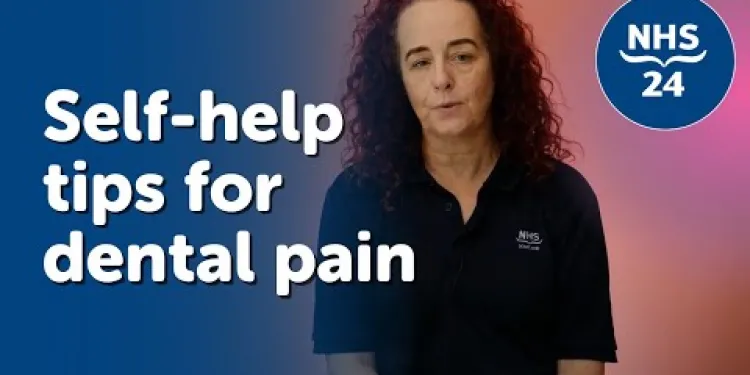
NHS 24 | Self-help tips for dental pain
Relevance: 20%
-
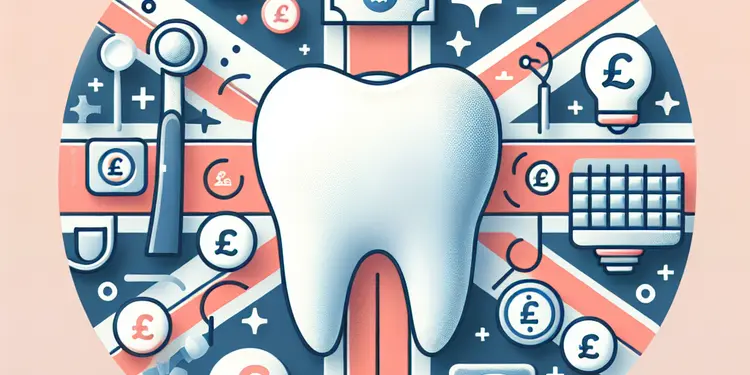
What is the difference between veneers and crowns?
Relevance: 20%
-
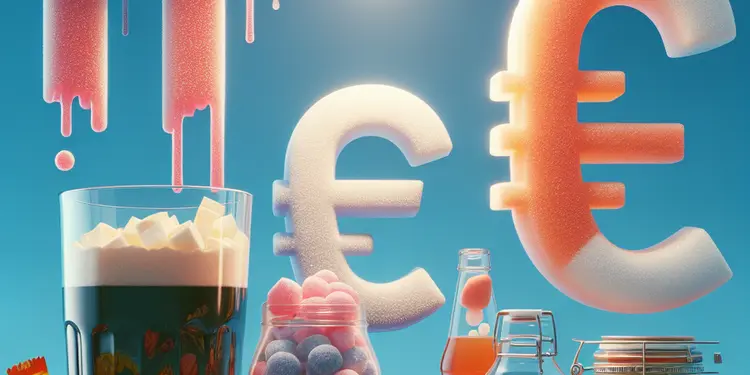
What are 'free sugars' and why should they be limited?
Relevance: 18%
-
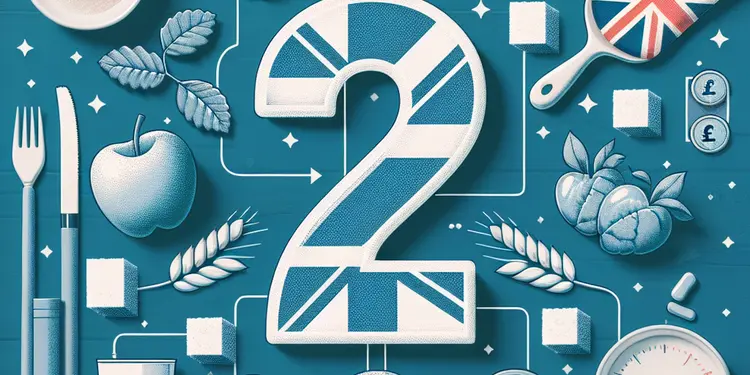
What is the role of sugar in a balanced diet?
Relevance: 18%
-
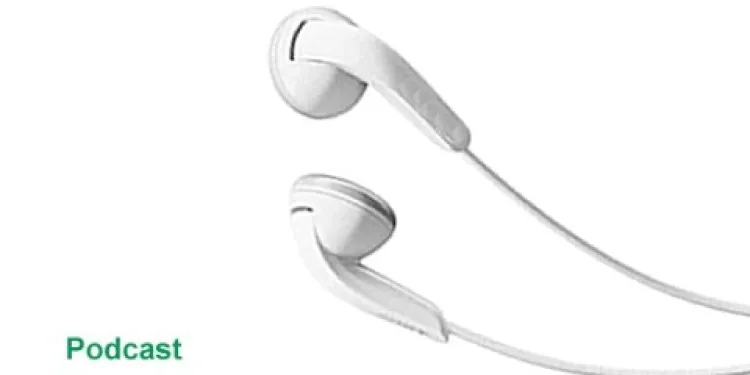
Coping with dry mouth
Relevance: 18%
-

Why is it important to limit sugar intake?
Relevance: 17%
-
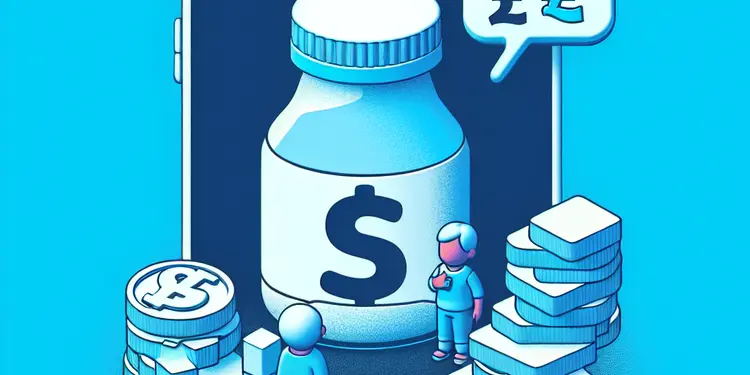
How many grams of sugar should a child consume daily?
Relevance: 17%
-

How does junk food affect health?
Relevance: 17%
-
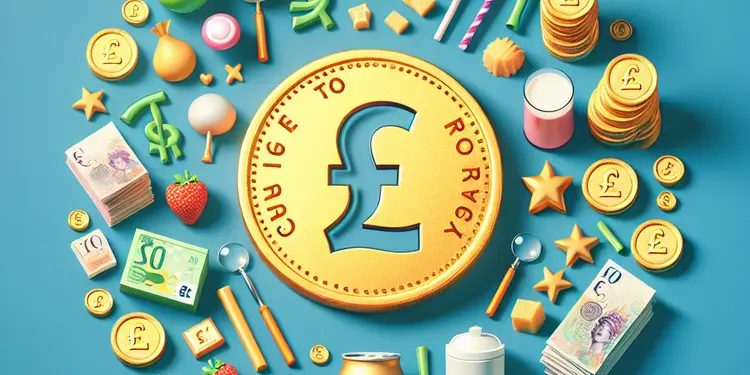
What are the long-term goals of the sugar tax?
Relevance: 16%
-
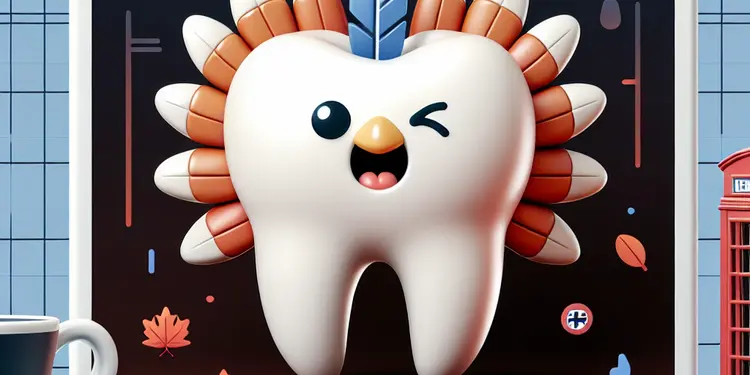
Are Turkey Teeth the same as veneers?
Relevance: 14%
-

Can I get Turkey Teeth if I have existing dental issues?
Relevance: 14%
-
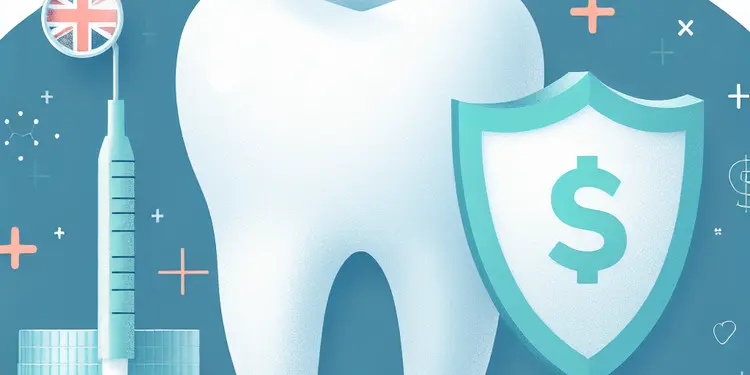
What treatments are covered by the NHS dental services?
Relevance: 12%
How is Tooth Decay Diagnosed?
Tooth decay, also known as dental caries, is a prevalent dental issue that affects many individuals in the UK. Early diagnosis is crucial to prevent further damage and potential tooth loss. Diagnosing tooth decay involves a combination of clinical examinations, questioning, and diagnostic tools. Dentists employ several methods to accurately assess the condition of a patient's teeth and identify any signs of decay.
Clinical Examination
The first step in diagnosing tooth decay typically involves a thorough clinical examination of the mouth. During this examination, a dentist will visually inspect each tooth for signs of decay. They will look for discoloration, visible pits, or holes that could indicate the presence of cavities. A good lighting condition is vital, as it helps dentists spot subtle changes on the tooth surface that might otherwise be missed.
Dental Instruments
Dentists use specific instruments to aid in the diagnosis of tooth decay. One common tool is the dental explorer, a sharp instrument used to probe the teeth. If a tooth's surface feels sticky or catches on the instrument, it might suggest the presence of decay. Carefully using the dental explorer, dentists can detect soft areas that may not be immediately visible but could indicate underlying issues.
Patient History and Symptoms
During the diagnosis process, the dentist will ask the patient about their dental history and any symptoms they might be experiencing. Questions may include inquiries about pain, sensitivity, or any noticeable changes in the mouth. This information, combined with physical examination results, helps build a comprehensive picture of the patient’s dental health.
Dental X-rays
Dental X-rays are a critical tool in diagnosing tooth decay, especially in areas not visible during a clinical examination, such as between the teeth. Bitewing X-rays are commonly used to reveal decay hidden beneath the tooth enamel or between adjacent teeth. These images provide a detailed view of the teeth’s internal structure, allowing dentists to see the extent and location of any decay more clearly.
Advanced Diagnostic Tools
In some cases, dentists may employ advanced diagnostic tools to assess tooth decay. Laser fluorescence devices, for instance, can measure changes in tooth structure, while digital caries detectors utilise advanced technology to pinpoint areas of decay with high accuracy. These tools are particularly helpful in detecting early stages of decay that might not be visible through traditional methods.
Conclusion
Diagnosing tooth decay in the UK involves a multifaceted approach that combines clinical examination, patient history, and advanced diagnostic technologies. Regular dental check-ups are essential to detect decay early and help maintain optimal oral health. By utilising a combination of these strategies, dentists can effectively diagnose and treat tooth decay before it leads to more severe dental problems.
How Do Dentists Find Tooth Decay?
Tooth decay happens when teeth get damaged by germs. It's important to find tooth decay early to stop it from getting worse. Dentists use different ways to check if teeth are healthy or have decay.
Looking at Your Teeth
The dentist will look inside your mouth at your teeth. They look for dark spots, tiny holes, or changes in the tooth. Good, bright light helps them see better.
Special Dental Tools
Dentists have special tools to help find tooth decay. One tool is called a dental explorer, which feels the tooth's surface. If the tool feels sticky or catches, it might mean there's decay.
Talking to You
The dentist will ask questions about your teeth. They ask if you feel pain, or if your teeth feel sensitive. These questions help the dentist understand your tooth health better.
Using X-rays
X-rays help dentists see inside your teeth. X-rays show areas between teeth where decay might hide. This way, dentists can find tooth decay that they can't see during the exam.
Special Machines
Sometimes dentists use special machines to find decay. These machines can find very early signs of decay. This helps stop the decay before it gets worse.
Keep Your Teeth Healthy
Going to the dentist regularly helps catch tooth decay early. Dentists use different methods to find and treat tooth decay before it becomes a big problem. Regular check-ups help keep your teeth healthy.
Frequently Asked Questions
What is tooth decay?
Tooth decay, also known as dental caries or cavities, is the destruction of tooth enamel caused by bacteria producing acids from sugar.
How is tooth decay diagnosed by a dentist?
Dentists diagnose tooth decay by examining the teeth using dental instruments and may take X-rays to identify areas of decay not visible in an oral exam.
What tools do dentists use to detect tooth decay?
Dentists use tools like dental mirrors, explorers, and radiographic images (X-rays) to detect tooth decay.
Can X-rays detect all types of tooth decay?
X-rays can detect decay between teeth, under restorations, and in the tooth root, but may not always catch very early-stage decay on the tooth surface.
Are there symptoms that indicate tooth decay?
Symptoms of tooth decay include toothache, tooth sensitivity, visible holes or pits in the teeth, and black, brown, or white staining on any surface of a tooth.
What is the role of dental explorers in diagnosing tooth decay?
Dental explorers are sharp-ended instruments used by dentists to feel for soft areas in enamel that indicate decay.
How often should I get checked for tooth decay?
It's recommended to have dental check-ups every six months, but your dentist may advise more frequent visits based on your oral health.
Can tooth decay be self-diagnosed?
While you may notice symptoms like pain or visible changes in your teeth, an accurate diagnosis of tooth decay should be made by a dentist.
What types of X-rays are used to diagnose tooth decay?
Bitewing X-rays and periapical X-rays are commonly used to diagnose tooth decay.
How reliable are visual inspections for diagnosing tooth decay?
Visual inspections are helpful but may miss decay in between teeth or under fillings; combining them with X-rays improves accuracy.
What are dental caries models?
Dental caries models are tools or simulations used by dentists to educate patients about the progression and risk of tooth decay.
Can new technology aid in diagnosing tooth decay?
Yes, technologies such as laser fluorescence devices and digital imaging can aid in the early detection of tooth decay.
What is laser fluorescence in the context of diagnosing tooth decay?
Laser fluorescence is a diagnostic method that uses light to detect changes in tooth structure associated with decay.
How does early diagnosis of tooth decay help?
Early diagnosis allows for minimally invasive treatments, preventing further decay and avoiding more complex procedures.
Can regular dental cleanings prevent the need for decay diagnosis?
Regular cleanings help maintain oral health but do not replace the need for decay diagnosis, as decay can still occur despite good hygiene.
What is diagnostic preventive care?
Diagnostic preventive care includes regular dental exams and cleanings designed to identify and address issues like tooth decay early.
Is tooth sensitivity always an indicator of tooth decay?
Tooth sensitivity can be a sign of decay, but it can also result from other conditions such as enamel erosion or gum recession.
How can bad breath be related to tooth decay?
Bad breath can occur if tooth decay is present because bacteria breaking down food particles in the mouth can produce odors.
Can a healthy diet aid in the detection or prevention of tooth decay?
A healthy diet low in sugar can help prevent decay by reducing the food available for bacteria, thus reducing the frequency of decay detection.
What is the role of fluoride in diagnosing and preventing tooth decay?
Fluoride is not used to diagnose decay, but it strengthens tooth enamel, making it more resistant to decay, thereby preventing cavities.
What is tooth decay?
Tooth decay is when your teeth get holes in them. This happens when germs in your mouth make a sticky stuff called plaque. Plaque is not good because it can hurt your teeth and make them weak.
If you do not brush your teeth, the plaque can turn into holes. These holes are called cavities. They can make your tooth hurt.
It helps to brush your teeth with toothpaste every morning and night. Eating less sweets is also good for your teeth.
You can ask an adult to help you and remind you to brush your teeth. You can also use a timer to make sure you brush long enough. A dentist is someone who helps you keep your teeth healthy.
Tooth decay happens when little holes form in your teeth. It is also called dental caries or cavities. This happens because tiny germs in your mouth make a type of acid from the sugar you eat. The acid hurts the hard surface of your teeth, called enamel.
You can use tools like a toothbrush and toothpaste to help clean away these germs. It's also good to eat less sugary foods and drinks.
How does a dentist find out if you have tooth decay?
A dentist looks for signs of tooth decay. They use special tools to check your teeth. The dentist might take pictures, called X-rays, to see inside your teeth.
If needed, you can ask a friend or family member to come with you for support. You can also bring a notebook to write down what the dentist says.
Dentists check your teeth to see if they have any holes or problems. They use special tools to look at your teeth. Sometimes, they take pictures of your teeth called X-rays to find problems they can't see just by looking. If you have trouble understanding, you can ask a friend or helper to explain it to you, or you can use apps that read text out loud to you.
What do dentists use to find tooth decay?
Dentists use special tools to look for holes in teeth, called tooth decay.
Here are some tools they use:
- Mirror: Dentists use a small mirror to see all around your teeth.
- Probe: This is a poking tool that helps check if a tooth is soft or sticky.
- X-ray: This is a picture that shows what’s inside your teeth.
If you need help reading, you can:
- Ask someone to read with you.
- Use a reading app that reads out loud.
- Take your time and read slowly.
Dentists use special tools to check teeth for holes or damage. These tools include small mirrors, picks, and X-ray pictures.
Can X-rays find all types of tooth decay?
X-rays are special pictures that help us see inside things, like teeth. But X-rays might not show every single bit of tooth decay.
Not all decay is easy to see with X-rays. Sometimes, tooth decay hides in tricky places or is too small.
If you're worried about tooth decay, it's good to visit the dentist. The dentist can look at your teeth closely.
It's also helpful to brush your teeth every day and eat healthy foods to keep your teeth strong.
X-rays are pictures that let dentists see inside your teeth.
X-rays can find decay, or holes, between your teeth and in the root of your tooth.
X-rays can also find decay under things like fillings.
But, X-rays might not see very small decay on the surface of your teeth.
If you need help, you can ask someone to read with you or use a magnifying glass to see the words better.
What signs show a tooth is going bad?
Tooth decay can make your teeth hurt. Your teeth might also feel tingly when you eat or drink hot, cold, or sweet things. You might see small holes or spots on your teeth. These spots can be black, brown, or white.
How do dentists use special tools to find tooth decay?
Dental explorers are tools that dentists use. They have a sharp end. Dentists use them to check if teeth are soft, which can mean a cavity (a hole in the tooth).
How often should I see the dentist to check for cavities?
You should go to the dentist to check your teeth at least once a year. This helps to find cavities (holes in your teeth) early.
If you have a lot of sugar or have had cavities before, go every 6 months.
Ask your dentist how often you should visit.
Use a toothbrush and toothpaste to clean your teeth every day. This helps keep your teeth healthy.
It's good to see the dentist every six months. Sometimes, if your teeth need it, your dentist might say you should come more often.
Can I tell if my tooth is going bad?
You might feel pain or see changes in your teeth. But only a dentist can say for sure if you have tooth decay.
What X-rays help find tooth decay?
Bitewing and periapical X-rays are pictures that help dentists see if a tooth has a cavity.
Can we trust looking at teeth to find tooth decay?
Looking at your teeth can help find problems. But sometimes, problems hide between teeth or under fillings. X-rays can help us see these hidden problems better.
What are dental caries models?
Dental caries models are tools that show how teeth can get cavities or holes.
These models help dentists and researchers understand why teeth get damaged.
They can also help us learn how to keep our teeth strong and healthy.
If you want to know more, ask a dentist or look at pictures of teeth models.
Tooth decay models help dentists show people how teeth can get holes and why it happens.
Can new tools help find tooth decay?
Yes, there are special tools that can help find tooth decay early. These tools use laser light and pictures to look at your teeth.
What is laser fluorescence used for when checking for tooth decay?
Laser fluorescence is a special light tool. Dentists use it to look for holes or damage in teeth.
It helps to find tooth decay early. This is important to keep your teeth healthy.
If you have trouble reading, ask someone to read with you. You can also use audiobooks or apps that read aloud.
Laser fluorescence is a way to check teeth using light. It helps find tooth decay.
Why is finding a problem with your teeth early helpful?
If you find a problem with your teeth early, you can fix it before it gets worse. This can stop pain and keep your mouth healthy.
To find tooth problems early, visit your dentist often and brush your teeth every day.
Use tools like a timer to make sure you brush your teeth for 2 minutes. You can also ask someone to help you brush.
Finding problems early helps doctors use simple treatments. This stops things from getting worse and keeps away harder treatments.
Do regular dentist visits stop tooth decay?
Going to the dentist to clean your teeth helps keep your mouth healthy. But, you still need the dentist to check for tooth decay (cavities), because it can happen even if you brush your teeth well.
What is diagnostic preventive care?
Diagnostic preventive care means visiting the doctor even when you feel okay. The doctor checks your health to stop problems before they start.
Here’s how it helps:
- The doctor can find out if anything is wrong.
- The doctor can help you stay healthy.
- You can feel better knowing you are healthy.
Tools to help you:
- Make a list of things to ask the doctor.
- Bring someone with you to help remember things.
Dental check-ups help keep your teeth healthy. This means going to the dentist so they can look at your teeth and clean them. They can find problems like cavities early and fix them before they get worse.
Does a sore tooth mean you have a cavity?
Sometimes your teeth can feel sensitive. This might mean a tooth is starting to go bad, or it could be because the hard cover on your teeth is wearing away. It could also happen if your gums are pulling back from your teeth.
If your teeth are sensitive, you can try using a special toothpaste for sensitive teeth. It's a good idea to visit the dentist, too!
How are bad breath and tooth decay connected?
If you have a hole or rot in a tooth, it can make your breath smell bad. This is because tiny germs in your mouth break down bits of food and make a smell.
Here are some things that can help:
- Brush your teeth twice a day.
- Use mouthwash to help kill germs.
- See a dentist if your tooth has a hole or feels sore.
Can eating healthy food help stop or find tooth decay?
Eating good, healthy food can keep your teeth strong.
It can also help stop teeth from getting holes, called tooth decay.
Visit the dentist for check-ups to help find any problems early.
To keep teeth healthy, brush your teeth twice a day.
Eating healthy food with less sugar helps keep your teeth strong. Less sugar means less food for bad germs in your mouth. This can help stop your teeth from getting holes.
What does fluoride do to help stop tooth decay?
Fluoride is not used to find out if you have tooth decay. But, it makes your teeth stronger. This helps stop holes, also called cavities, from forming in your teeth.
Useful Links
This website offers general information and is not a substitute for professional advice.
Always seek guidance from qualified professionals.
If you have any medical concerns or need urgent help, contact a healthcare professional or emergency services immediately.
Some of this content was generated with AI assistance. We’ve done our best to keep it accurate, helpful, and human-friendly.
- Ergsy carfully checks the information in the videos we provide here.
- Videos shown by Youtube after a video has completed, have NOT been reviewed by ERGSY.
- To view, click the arrow in centre of video.
- Most of the videos you find here will have subtitles and/or closed captions available.
- You may need to turn these on, and choose your preferred language.
- Go to the video you'd like to watch.
- If closed captions (CC) are available, settings will be visible on the bottom right of the video player.
- To turn on Captions, click settings .
- To turn off Captions, click settings again.
More Items From Ergsy search
-

How is tooth decay diagnosed?
Relevance: 100%
-

What are the symptoms of tooth decay?
Relevance: 91%
-

Is tooth decay common in children?
Relevance: 90%
-

Can tooth decay be reversed?
Relevance: 90%
-

Oral Health Awareness - Tooth Decay
Relevance: 88%
-

How can I prevent tooth decay?
Relevance: 86%
-

How does diet affect tooth decay?
Relevance: 84%
-

Can using mouthwash prevent tooth decay?
Relevance: 83%
-

How does fluoride help prevent tooth decay?
Relevance: 78%
-

Can drinking water help prevent tooth decay?
Relevance: 78%
-

Are sugary drinks worse than sugary foods for causing tooth decay?
Relevance: 75%
-

What is tooth decay?
Relevance: 70%
-

What is the role of dental sealants in preventing tooth decay?
Relevance: 70%
-

What treatments are available for tooth decay?
Relevance: 63%
-

Dental Health: Tips for All Ages
Relevance: 35%
-

Prostate cancer diagnosis and tests
Relevance: 30%
-

BSL - Diagnosis of panic disorder
Relevance: 30%
-

Head and Neck Cancer Diagnosis
Relevance: 30%
-

Are AI systems used alone in lung cancer diagnosis or alongside human radiologists?
Relevance: 28%
-

How can I satisfy my sweet tooth without consuming sugar?
Relevance: 28%
-

Attention deficit hyperactivity disorder (ADHD) - Diagnosis
Relevance: 27%
-

BSL - Diagnosis of obsessive compulsive disorder (OCD)
Relevance: 27%
-

How to floss | NHS
Relevance: 25%
-

What is the life expectancy after a motor neurone disease diagnosis?
Relevance: 24%
-

Is orange juice acidic and can it affect teeth?
Relevance: 24%
-

What treatments are covered by the NHS dental service?
Relevance: 23%
-

Are Turkey Teeth only for aesthetic purposes?
Relevance: 21%
-

How much sugar should I eat every day?
Relevance: 20%
-

NHS 24 | Self-help tips for dental pain
Relevance: 20%
-

What is the difference between veneers and crowns?
Relevance: 20%
-

What are 'free sugars' and why should they be limited?
Relevance: 18%
-

What is the role of sugar in a balanced diet?
Relevance: 18%
-

Coping with dry mouth
Relevance: 18%
-

Why is it important to limit sugar intake?
Relevance: 17%
-

How many grams of sugar should a child consume daily?
Relevance: 17%
-

How does junk food affect health?
Relevance: 17%
-

What are the long-term goals of the sugar tax?
Relevance: 16%
-

Are Turkey Teeth the same as veneers?
Relevance: 14%
-

Can I get Turkey Teeth if I have existing dental issues?
Relevance: 14%
-

What treatments are covered by the NHS dental services?
Relevance: 12%


